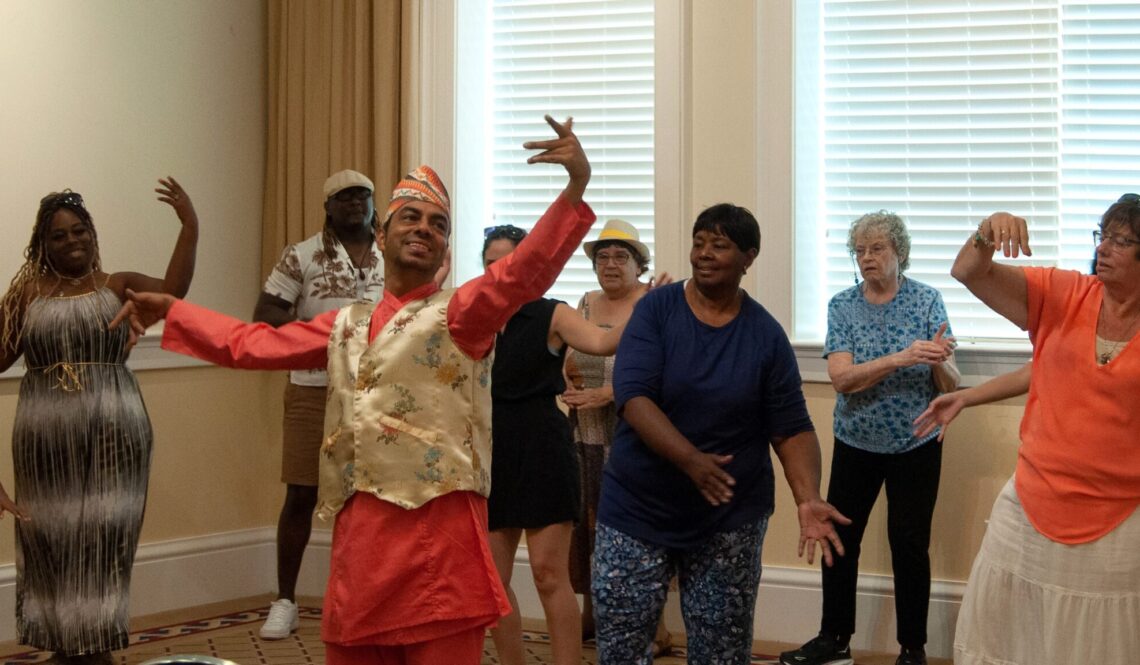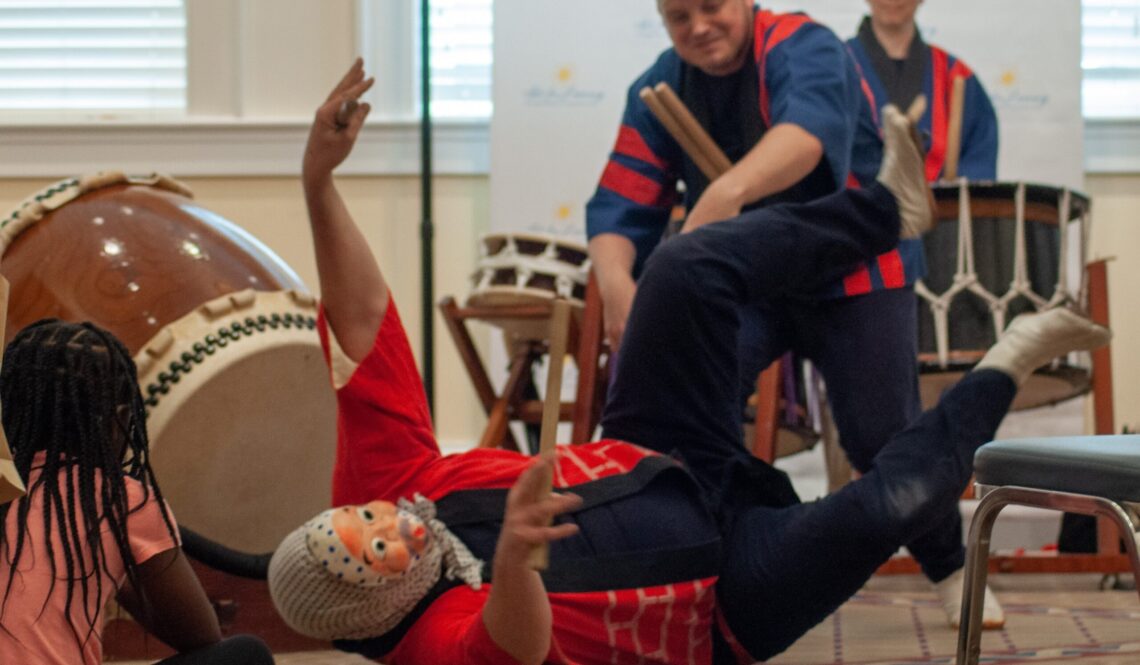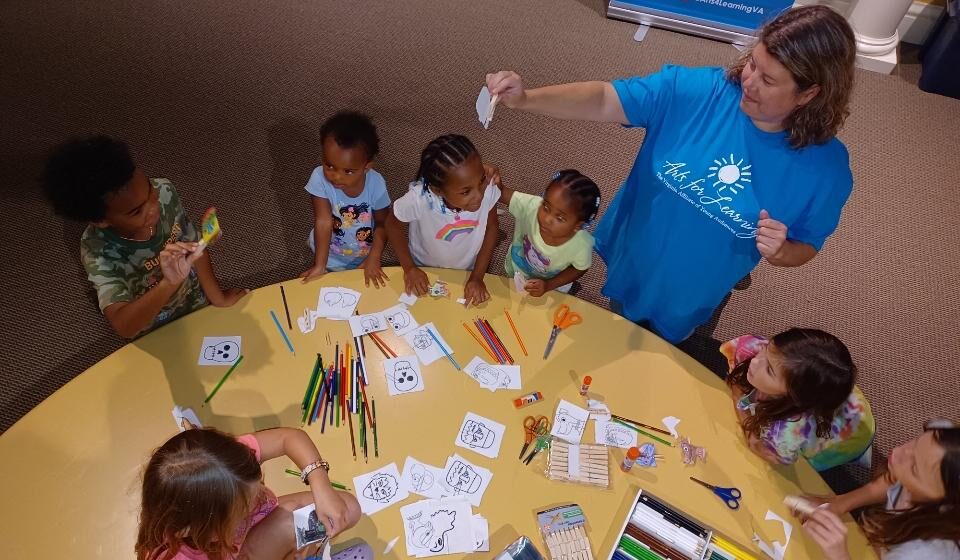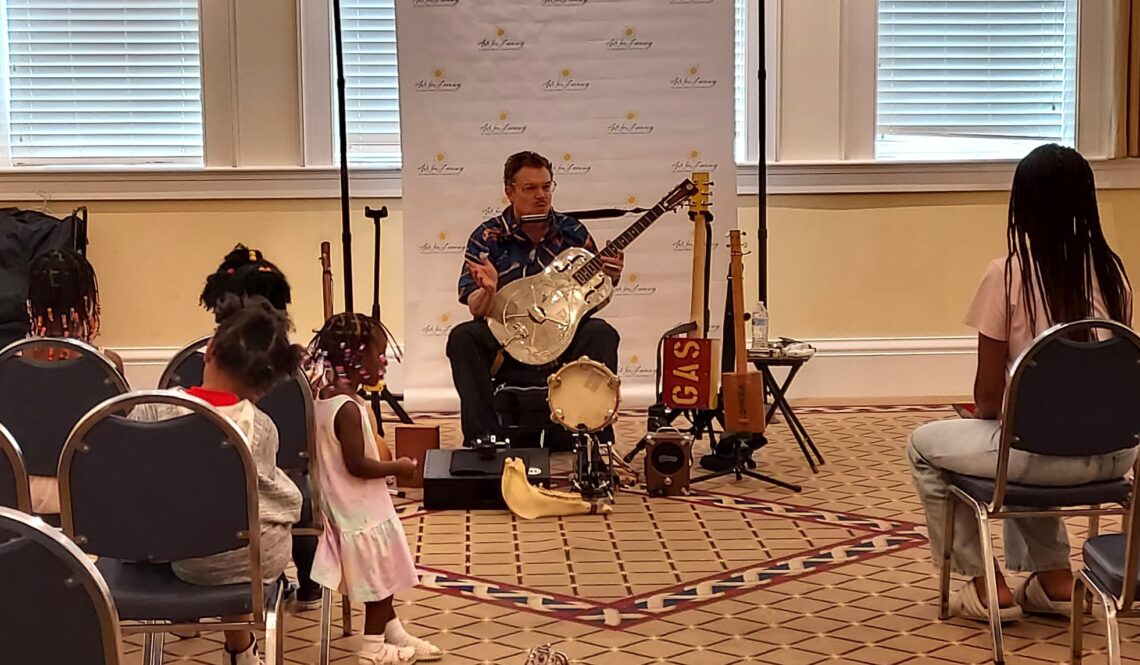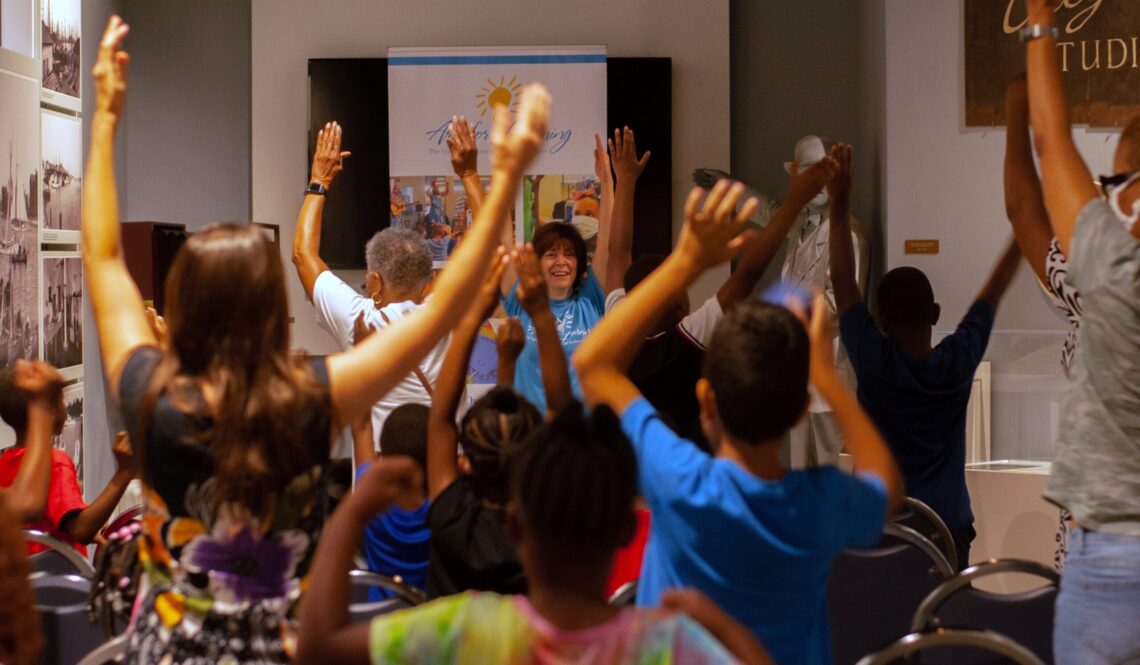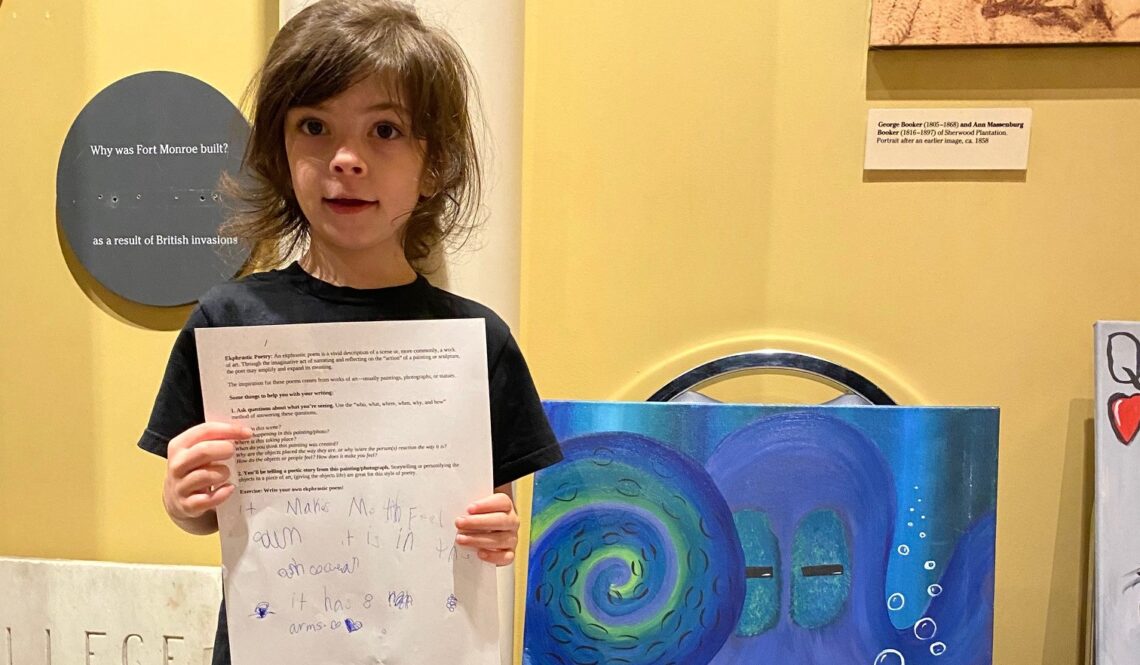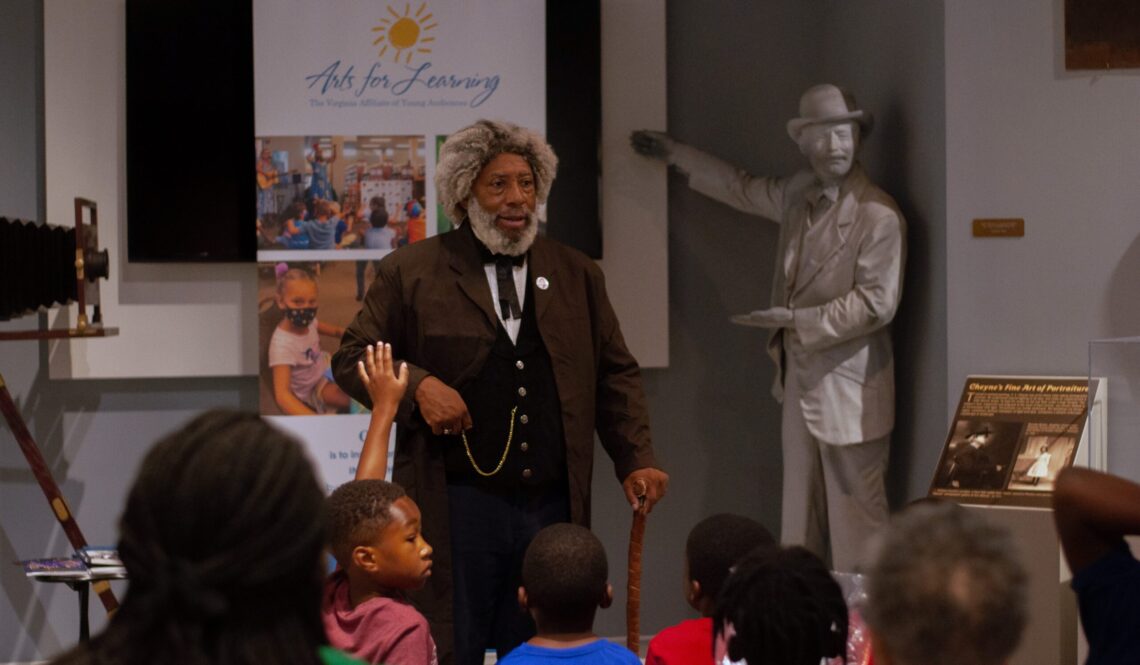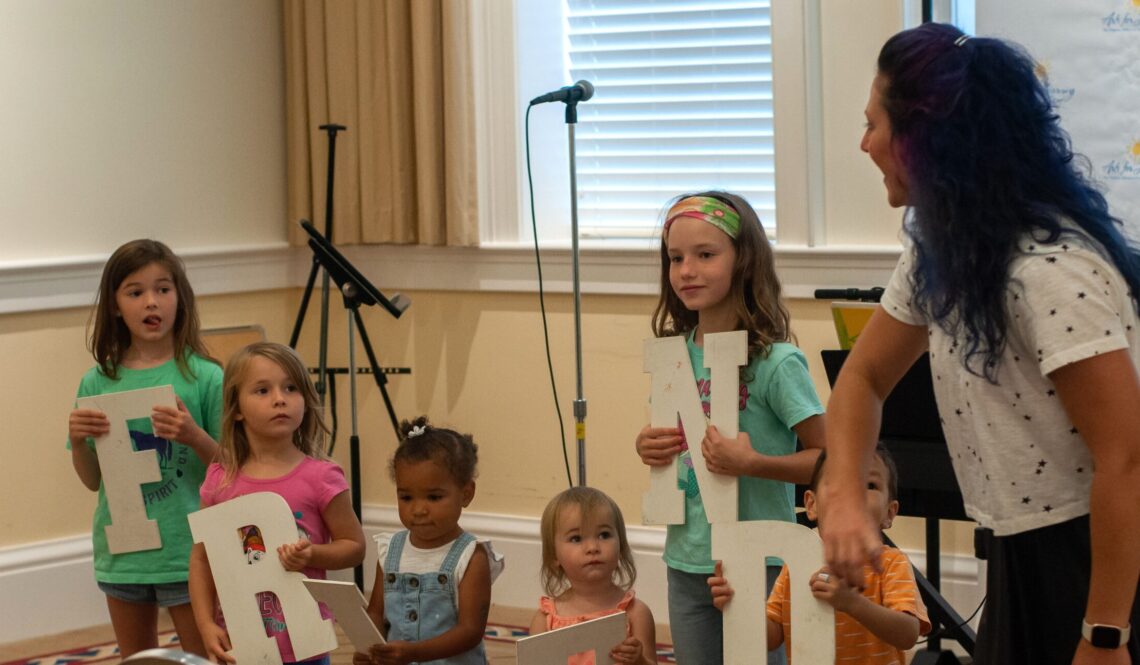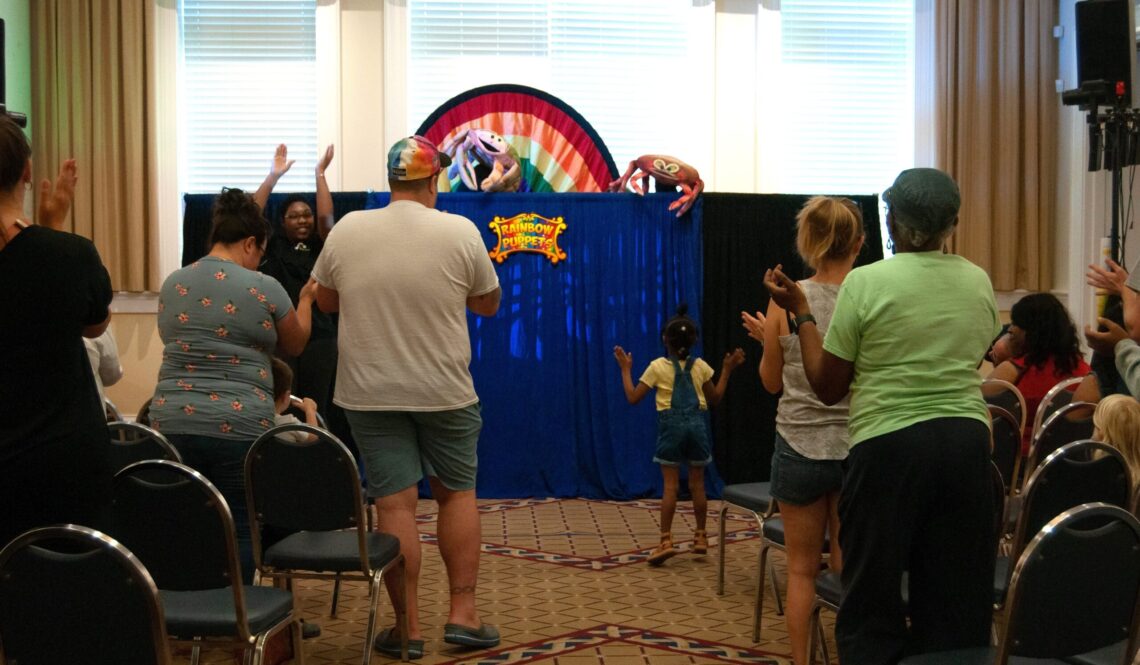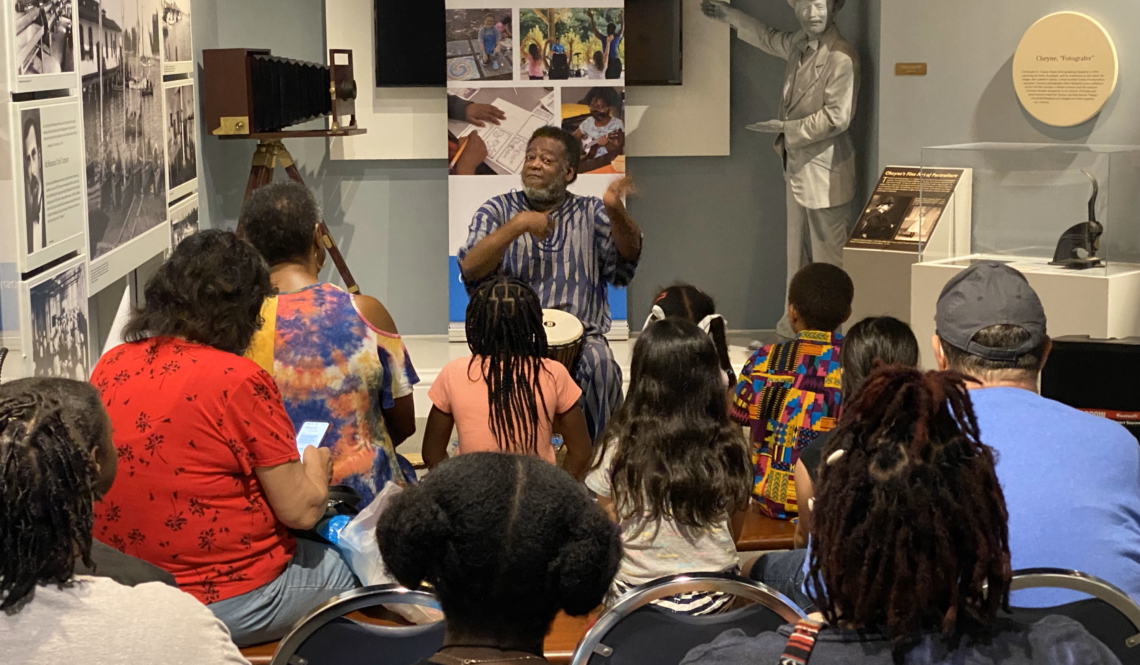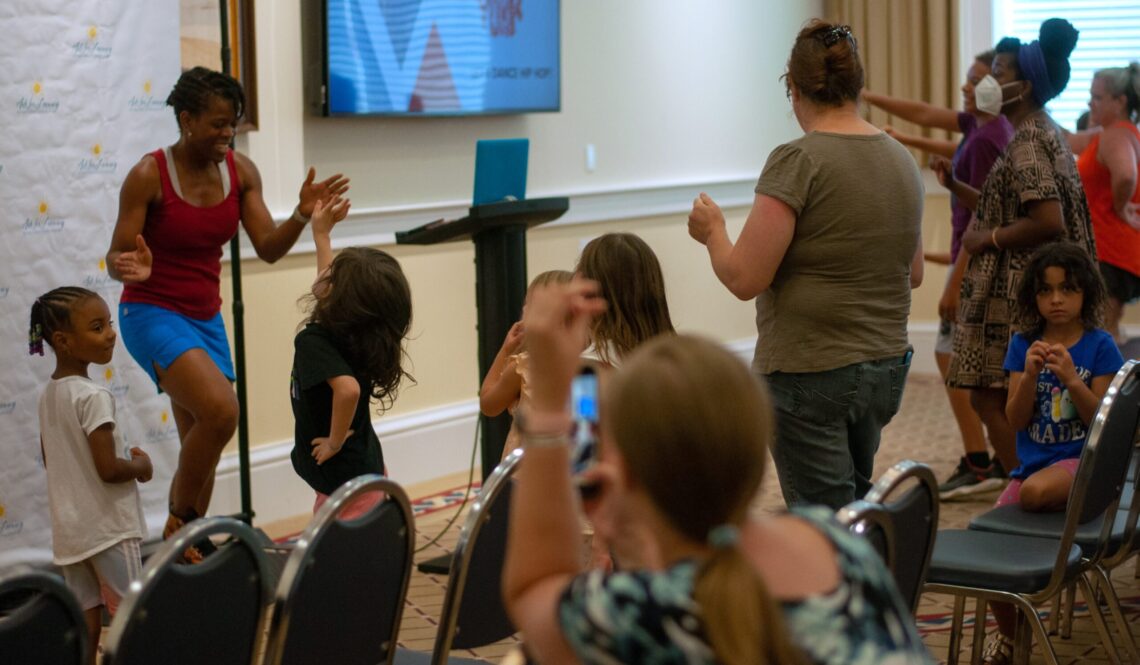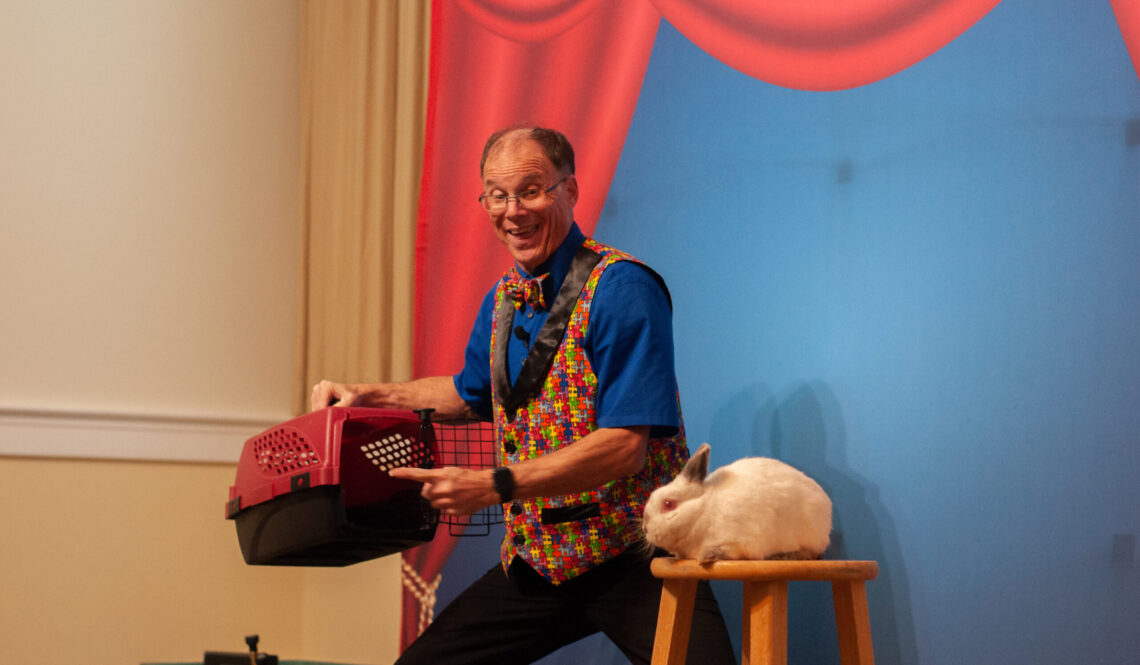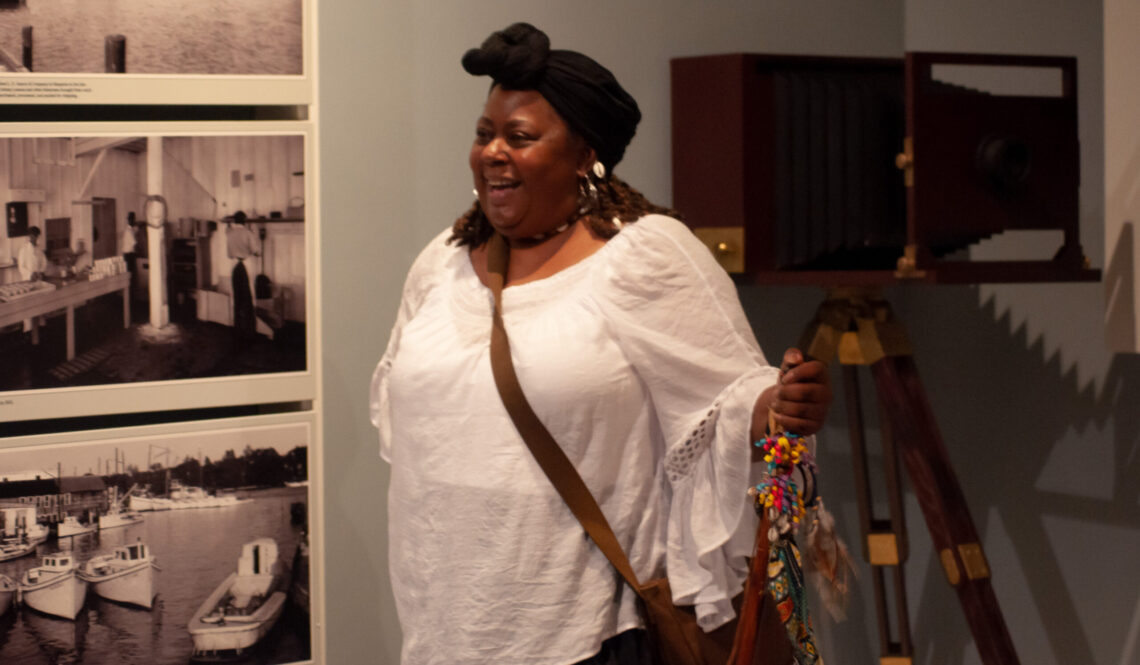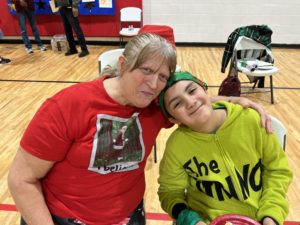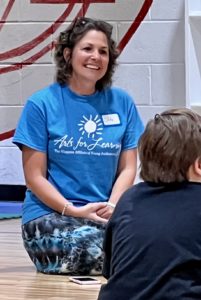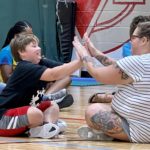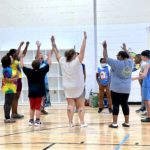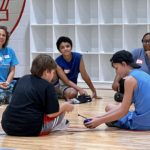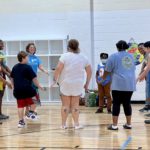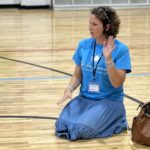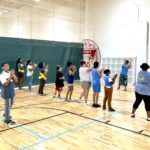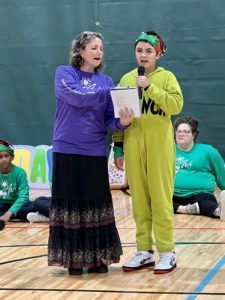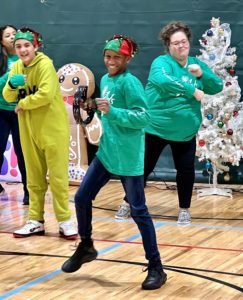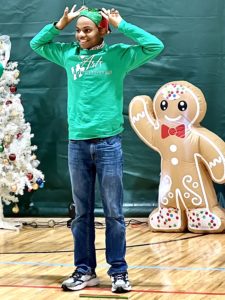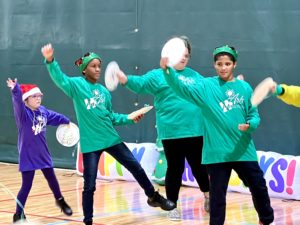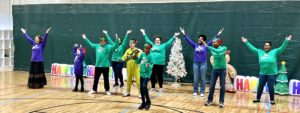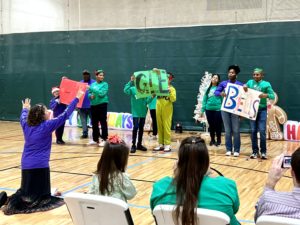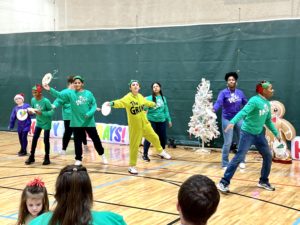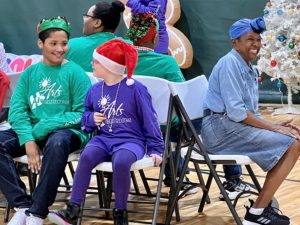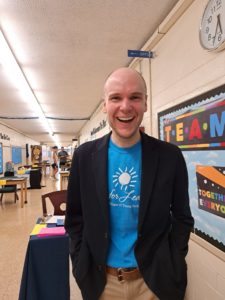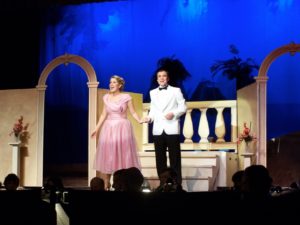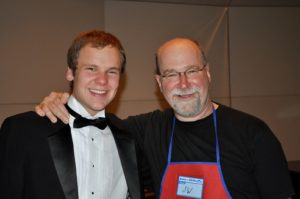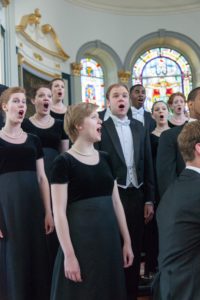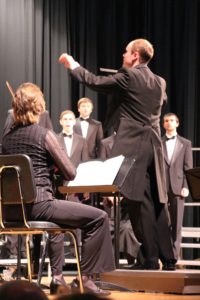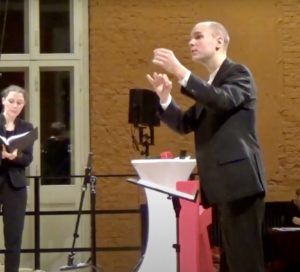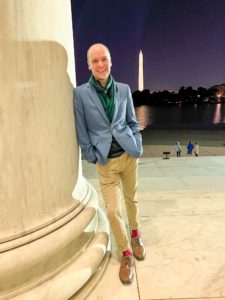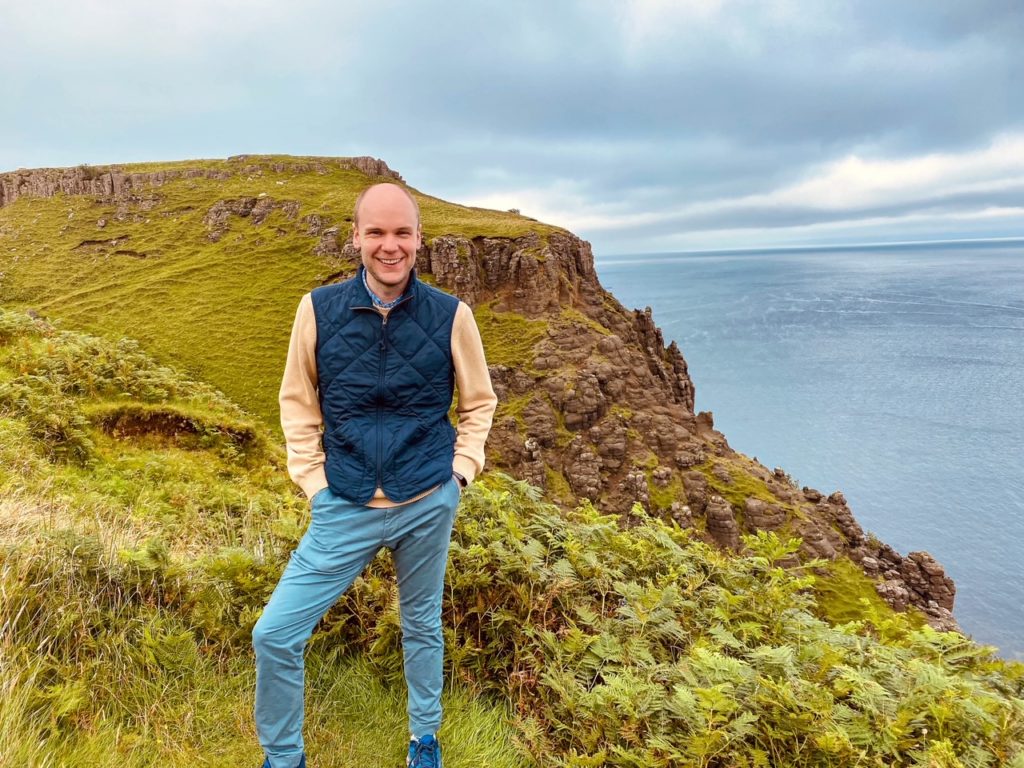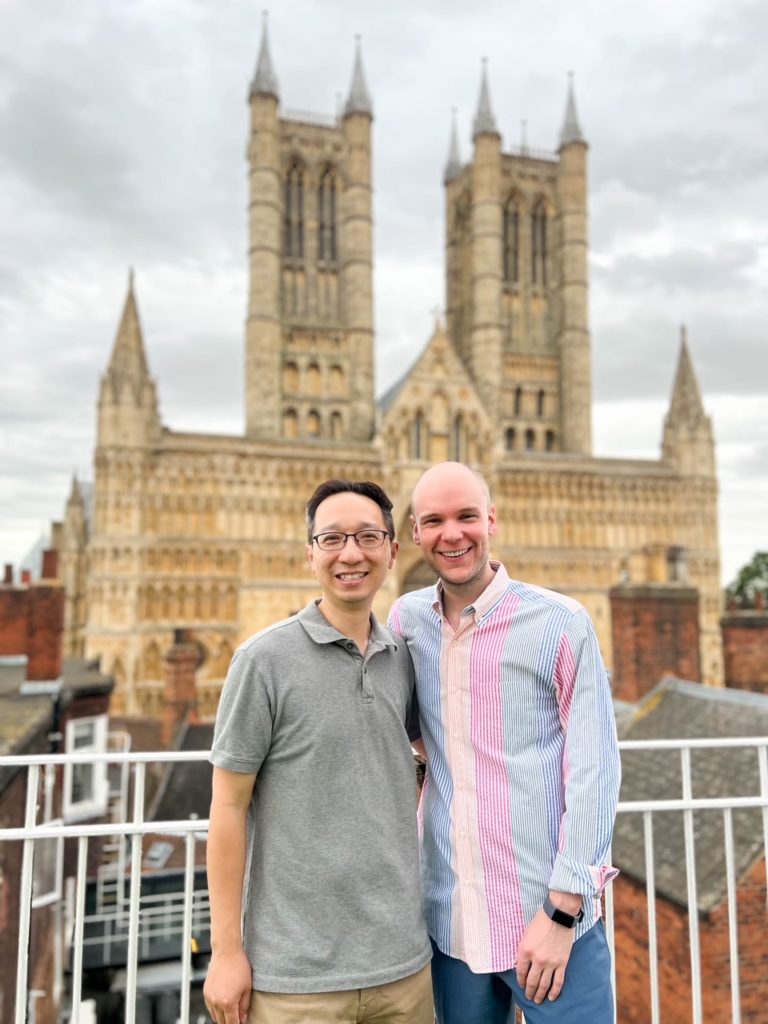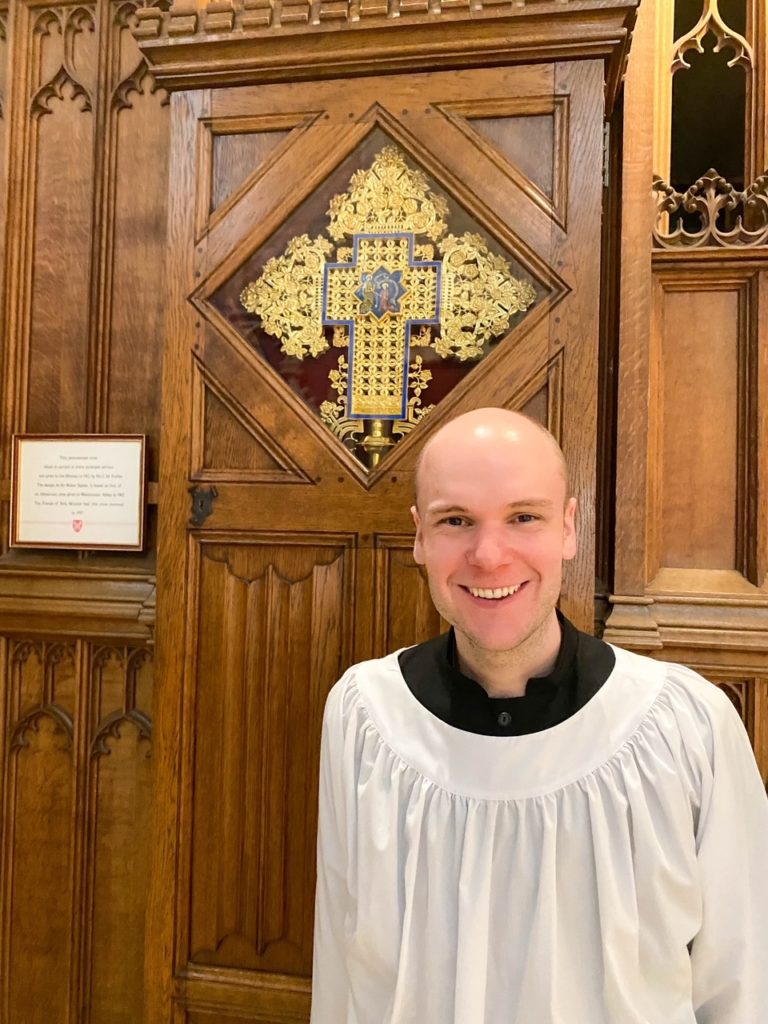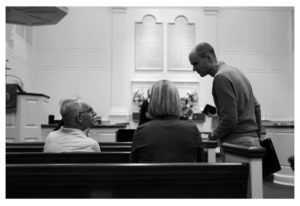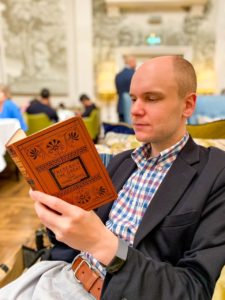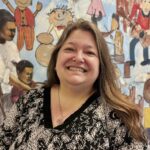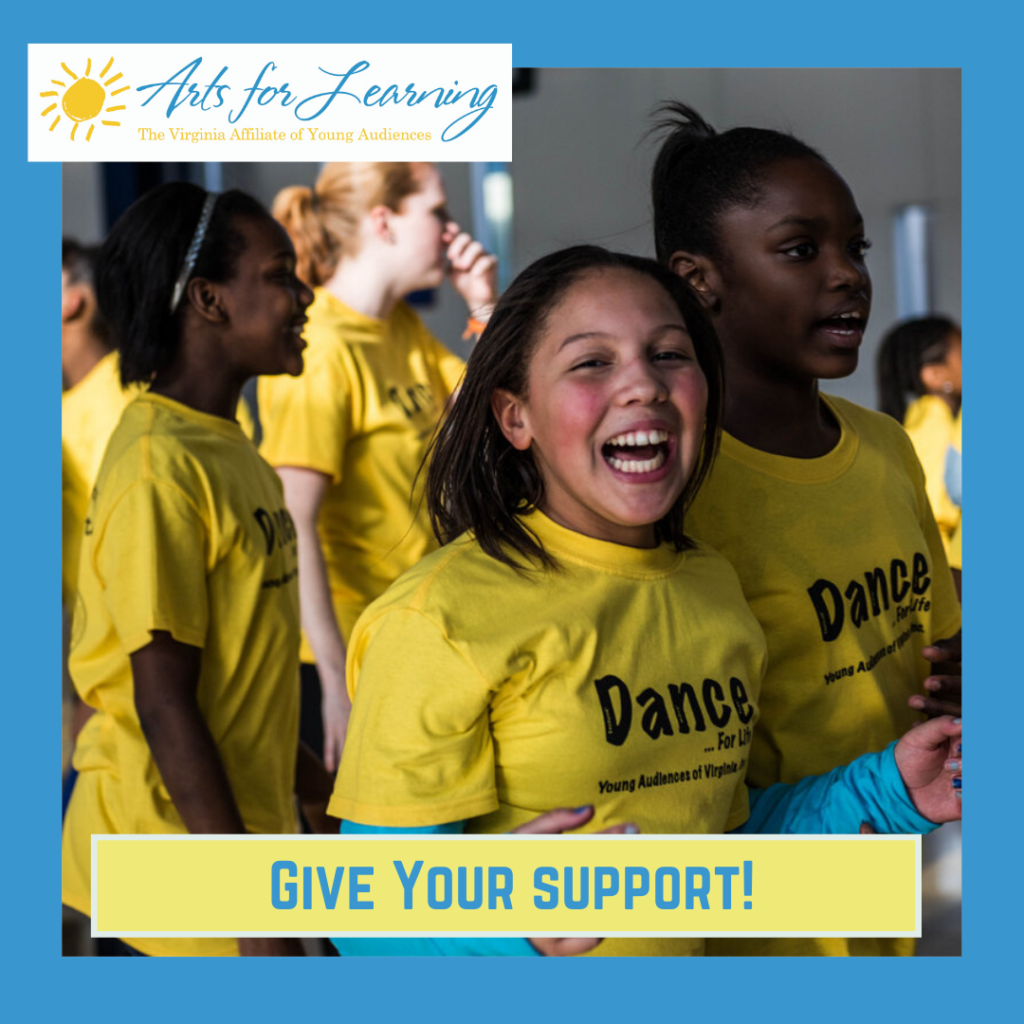“Among her greatest joys was her 33 years of involvement with Young Audiences of Virginia! She served on the Board of Directors for numerous years and as President. She loved Young Audiences’ creative offerings annually to involve children in the arts.” Obituary for Jean Hogge Shackelford
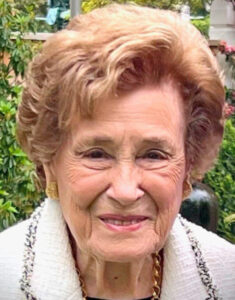
Arts for Learning mourns the loss while celebrating the remarkable life of Jean Shackelford, who died last month at the age of 95. Jean made a lasting contribution to arts education in Hampton Roads and Virginia as a whole.
“She had such a huge impact on arts education in Virginia. I think others have tried to fill her shoes, but I don’t think we’ve ever had such a strong advocate as Jean,” said Beth Hazelette, immediate past president of the A4L board of directors. “Her passion and her drive were to provide quality arts education programming for all students.”
Jean was a teacher and administrator in Portsmouth Public Schools for decades, and, as Beth put it, “built the program” as the supervisor of music for PPS. Beth, who served as supervisor of music for Norfolk Public Schools, considered Jean a mentor. They first met when Beth was a high school choral student and continued the relationship for decades as Beth became a teacher and later an administrator and board member for Young Audiences, where they worked side by side.
“She worked really, really hard for the students and educators of Portsmouth,” Beth said. “She was so tough, but for a good reason. She worked tirelessly to promote a program that could have easily gone by the wayside. She was a bulldog. She wouldn’t let it die. She wanted to make sure all the students in Portsmouth had opportunities in music.”
Longtime board member Minette Cooper first worked with Jean in 1975, developing and implementing programs that put teaching artists in the classroom to guide students in music, poetry, and dance. Minette credits Jean with smoothing the way to integrate the arts into the schools.
“She was a remarkable lady who accomplished so much because she could persuade people to help when probably no one else could,” Minette said. “She was a doer, a really well-informed doer who could get things done as easily as possible. She was phenomenal.”
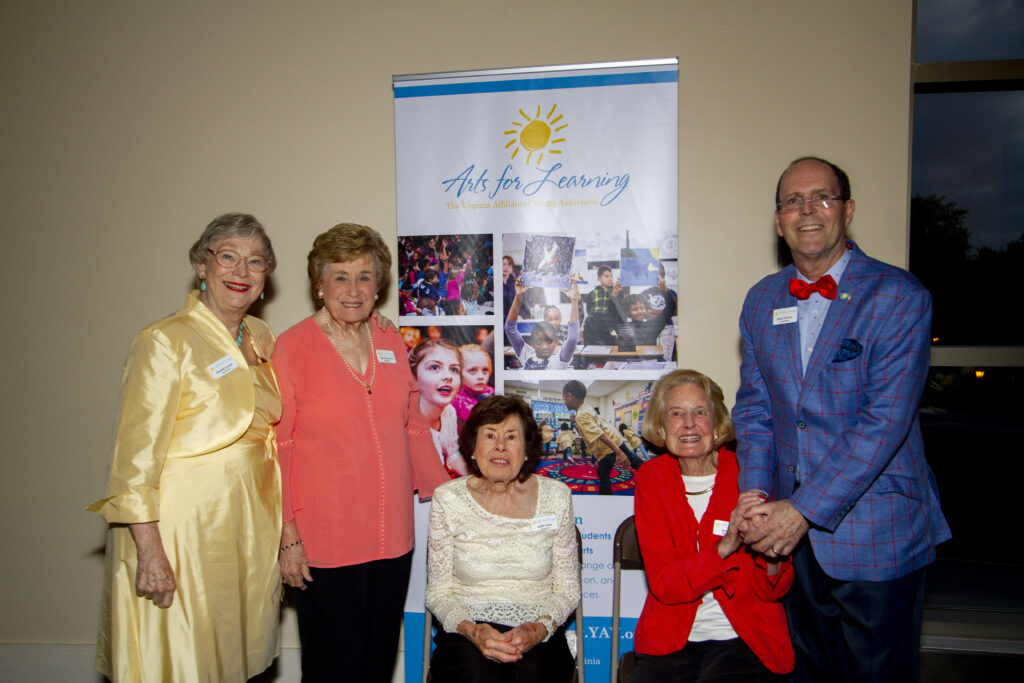
In addition to her work in Portsmouth, Jean was a powerful voice for arts education at the state level. She received Lifetime Achievement and Distinguished Service awards for 20 years of leadership as a member of the Virginia Music Educators Association (VMEA). And after she retired from Portsmouth Public Schools in 1989, her efforts continued—she served for 11 years as the legislative liaison in the General Assembly, working to establish the Virginia Coalition for Fine Arts Education that advocates for the arts across the Commonwealth. She acted as a vital communications link to VMEA about all legislation that might affect the arts.
“She had this passion not just for Portsmouth and Portsmouth school students but for music students across the state. She made sure that someone was keeping an eye on what was happening in Richmond because there were a lot of decisions being made that in the end did impact the arts,” Beth said. Those decisions included the initial years of implementing high-stakes testing in Virginia. Beth says Jean was on the “ground floor” as Virginia created grade-specific Standards of Learning (SOLs), making sure the arts weren’t ignored amid the push to emphasize core academic subjects.
After her retirement, Jean also joined the board of directors of Young Audiences, serving multiple terms as president. As a recipient of Young Audiences’ Arts-in-Education Advocacy award, Jean was lauded for her leadership, insight, and vision. The proclamation states:
“Particularly of note is her guidance in helping us understand and utilize the Standards of Learning as a vehicle to better serve Virginia schools.”
Among other contributions as a board member, Jean helped secure new grant funding for various projects and was instrumental in helping to develop the current mission statement of “engaging and inspiring” students in and through the arts.
“She lived her passion for arts education, she really did,” Beth said. “She led a very purpose-driven life.”
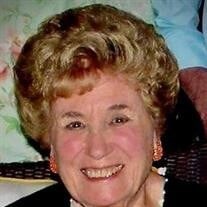
For more on Jean’s lasting contributions to arts education as well as other aspects of her life—such as eight years as an elected member of the Portsmouth City Council—please read this: Jean Hogge Obituary. We wish her family members peace in this time of mourning and express our gratitude for all Jean achieved for the students, educators, and artists of Virginia.
If you’d like to make a memorial contribution to Arts for Learning in honor of Jean, please click on this link: Donate Now

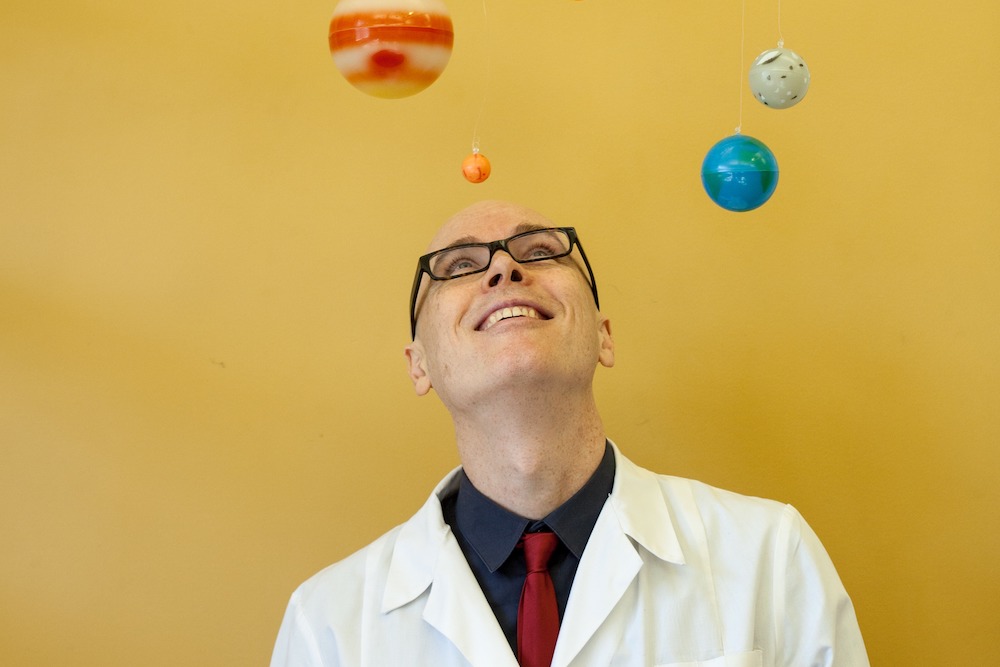
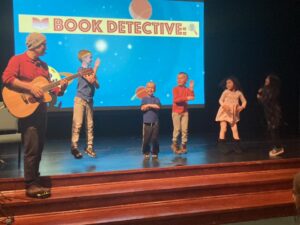
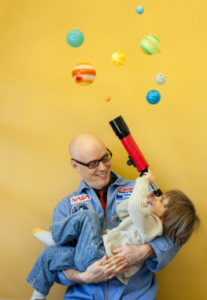 Dino incorporates many styles of music into his work, including blues, folk, reggae, ska, funk, and classical. “Exposing kids to a variety of styles and structures is so powerful,” he says. “They may not recognize that they’re hearing a jazz tune, but they feel a different kind of groove, they experience syncopation, and in the process, their awareness of what’s out there and what’s possible expands.”
Dino incorporates many styles of music into his work, including blues, folk, reggae, ska, funk, and classical. “Exposing kids to a variety of styles and structures is so powerful,” he says. “They may not recognize that they’re hearing a jazz tune, but they feel a different kind of groove, they experience syncopation, and in the process, their awareness of what’s out there and what’s possible expands.” 